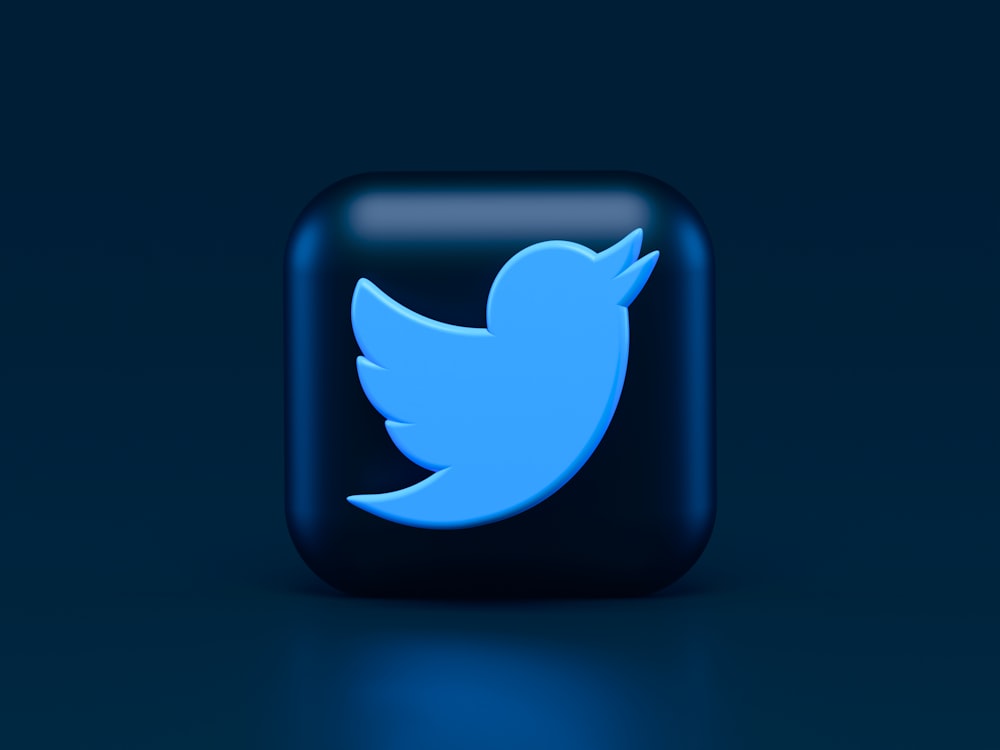Blog Post #5
Twitter was created in 2006, by Evan Williams. People began using Twitter as a way to communicate and share information with their families, and close friends on a social media application. When Twitter was first invented it had many private investors banking on Twitter’s success. Many people became early adapters to the start of Twitter because at first it was going to be a podcasting platform which captured a lot of investors attention. Twitter would be the first application to do this. However, just before the launch of Twitter as a podcasting platform, Apple created their podcast application. Soom after Apple created their podcasting application, Twitter changed course in order to maintain uniqueness and relevance in the marketplace. When Twitter was released it quickly became a way for people to communicate and share ideas with other Twitter users and their followers.
Twitter immediately captured the attention of the millennials. Millennials saw Twitter as a fresh new social media app for them to use and communicate with their peers. People who were late adopters to Twitter were people who did not know if Twitter was just another form of communication with followers, or something bigger. People also just didn’t like the sound of social media at the time because it was still fresh and new for some people. It was the older generations who did not know a lot about social media, or seem to care for social media, so they didn’t see the need to join Twitter, initially. People who were not adopters at all were the older generations who just wanted nothing to do with social media, and didn’t care to communicate with people other than via telephones, or email.
The downsides to having a Twitter account is that it is a social media platform. There are definitely some security concerns within twitter. What I mean by that is that social media companies aren’t asking for a monthly subscription to use their app, but instead they are selling your personal information that you have used to create an account to third party users. There is a famous saying that states “Whatever you put on social media will never be gone even if you delete it.” Which is true in a sense. If someone posts something discriminatory on social media, but deletes it right away; someone could potentially screenshot it in the time it was up, and it can ruin your life. I think not having social media has its positive and negative benefits.
The negative benefits are having less forms of communication with people, and being kept up to date on the latest real time news. The positive benefits you have from not being on social media is that you don’t have to worry about getting your personal information stolen by third party users, and you don’t have to worry about what you would post, and if people would like it or not. People’s lives have been ruined due to social media posts and people can dig up anything from the past, even if it means they are a different person from who they were ten plus years ago.
https://www.businessinsider.com/how-twitter-was-founded-2011-4

No comments:
Post a Comment